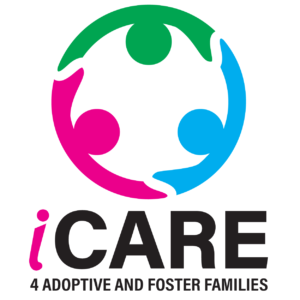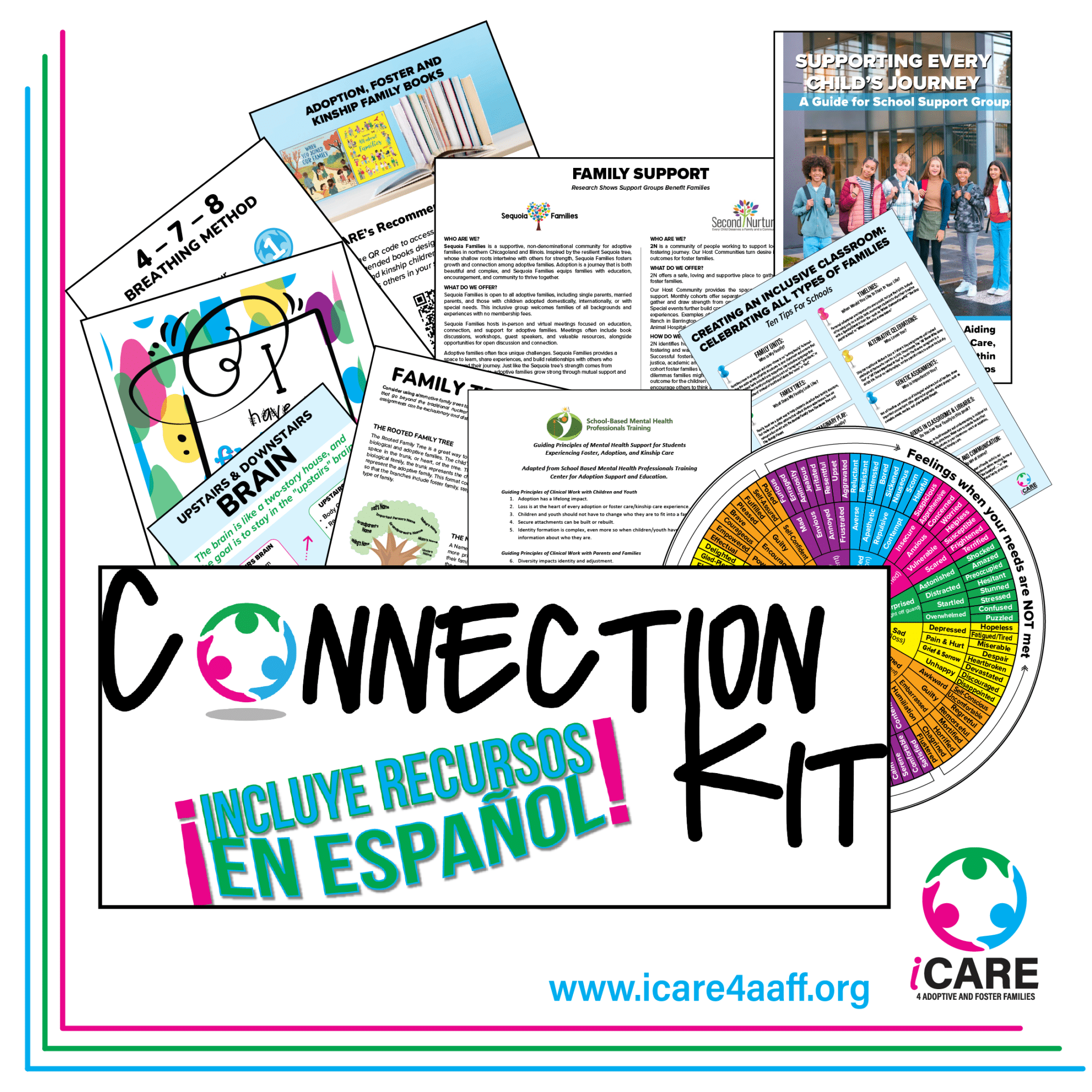Decoding "I Hate You"


What Your Teen Is Really Saying and How to Respond with Love
“I Hate You.”
When you hear these words from your teenager, it stings. It’s painful enough any time, but in February, a month when we’re all supposed to be focused on love and connection, those words can feel even more jarring.
It’s Not About You—It’s About What They’re Feeling
But take a step back and remind yourself: Your adopted or foster child doesn’t hate you. They hate what they’re feeling. It’s not personal.
Teenagers, especially those with histories of foster care or adoption, often cannot connect their rage to the deeper feelings of loss and abandonment, or neglect they’ve experienced with those they loved and depended on. Their “hurt spots” are so large and so tender that assuring their fears and trusting in a parent’s support is a huge challenge. As Suzanne Lohrbach, Executive Director for the KVC Institute for Health Systems Innovation states, “Your kids are thinking, If I start to care about you, will you go away too?”
You may notice they can be happy and respectful with friends or other adults, but not with you. That’s because you are the “safe space”—the one person they can express all that anger and pain toward. You are, in essence, the emotional punching bag, simply because you’re the one who’s there every day.
Identity Struggles: “Who Am I?” “Do I Have Value?”
At this point in their development, teenagers are wrestling with some of the most challenging identity questions: Who am I? Do I have worth? Am I loved? These are difficult questions for any teen, but they can be particularly intense for those who have experienced attachment trauma, neglect and abuse, such as adopted, foster, or kinship children. They may struggle with feelings of being unlovable. It’s normal for these concerns to emerge during adolescence, but caregivers and parents should understand that even teens who haven’t faced these feelings before may begin to experience them as they move into adulthood.
Don’t Take It Personally—Stay Calm and Consistent
As a parent, it’s natural to feel hurt, especially when you’re doing your best to stay connected and supportive. But remember: It’s crucial not to react and instead stay calm, consistent, and focused on the long-term. Your teen may be feeling hate, but it’s rooted in their hurt and not directed at you. Reframing your perspective can be incredibly helpful. Rather than seeing it as your teen “giving you a hard time,” try to view it as them “having a hard time.” Rather than seeing behaviors as “rage” see it as “pain.”
Let Them Know It’s Okay to Feel
Let them know it’s okay to feel big emotions, and help them process these feelings. Often, when a teen says “I hate you,” what they really mean is “I hate my life right now.” It’s a reflection of their internal turmoil, not a rejection of you as a parent. Accept and validate the child’s feelings.
Walk Them Through the Difficult Times
During these tough moments, it’s important to remember that it’s not about you—it’s about their struggle. Try not to feel like you have to fix it. Walk them through the difficult emotions they’re experiencing, and keep offering them love and support. They may not always show it, but deep down, they need you now more than ever.

